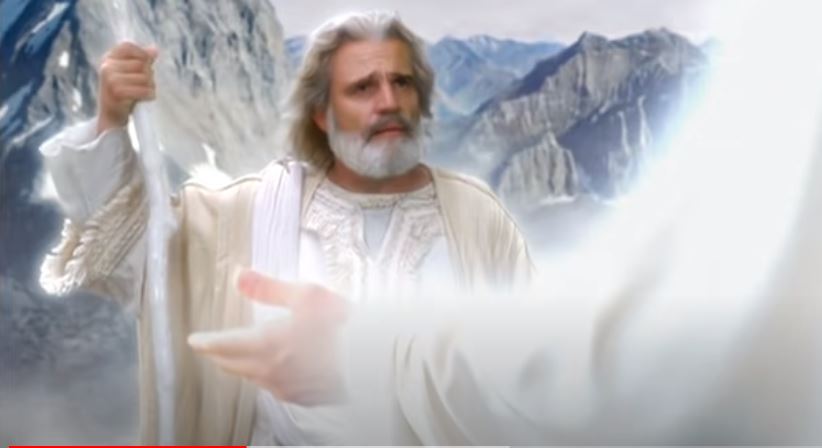To accompany your Come Follow Me study for December 27-January 2
In addition to reading these chapters you may want to:
- See the video “I Am a Child of God” at https://www.youtube.com/watch?v=Uqjwr7KXI30
- See the video Come Follow Me LDS 2022 (Dec 27 – Jan 2) Pearl of Great Price Moses 1 & Abraham 3 – Lost Revelations at https://www.youtube.com/watch?v=XRPf8xdTlSA&t=10s
- Read “Joseph Smith Translation of the Bible” in https://www.churchofjesuschrist.org/study/history/topics/joseph-smith-translation-of-the-bible?lang=eng
- Read the comments on Facsimile 2 in the Book of Abraham, which has historically been bound in the middle of Abraham 3.
- Read “Translation and Historicity of the Book of Abraham,” in https://www.churchofjesuschrist.org/study/manual/gospel-topics/translation-and-historicity-of-the-book-of-abraham?lang=eng
- Read “Foreordination” in https://www.churchofjesuschrist.org/study/manual/gospel-topics/foreordination?lang=eng
- View the study aids from Book of Mormon Central related to these chapters at https://bookofmormoncentral.org/come-follow-me/old-testament
If you would like a Kahoot game related to this material which you could use with your family or your class, click here: https://create.kahoot.it/share/moses-1-and-abraham-3/c58ac7bd-4efc-4ec5-ac35-4e9da54648e4
Points to Ponder in Moses 1 and Abraham 3
1. Why would a study of the Old Testament begin with a study of two chapters from the Pearl of Great Price?
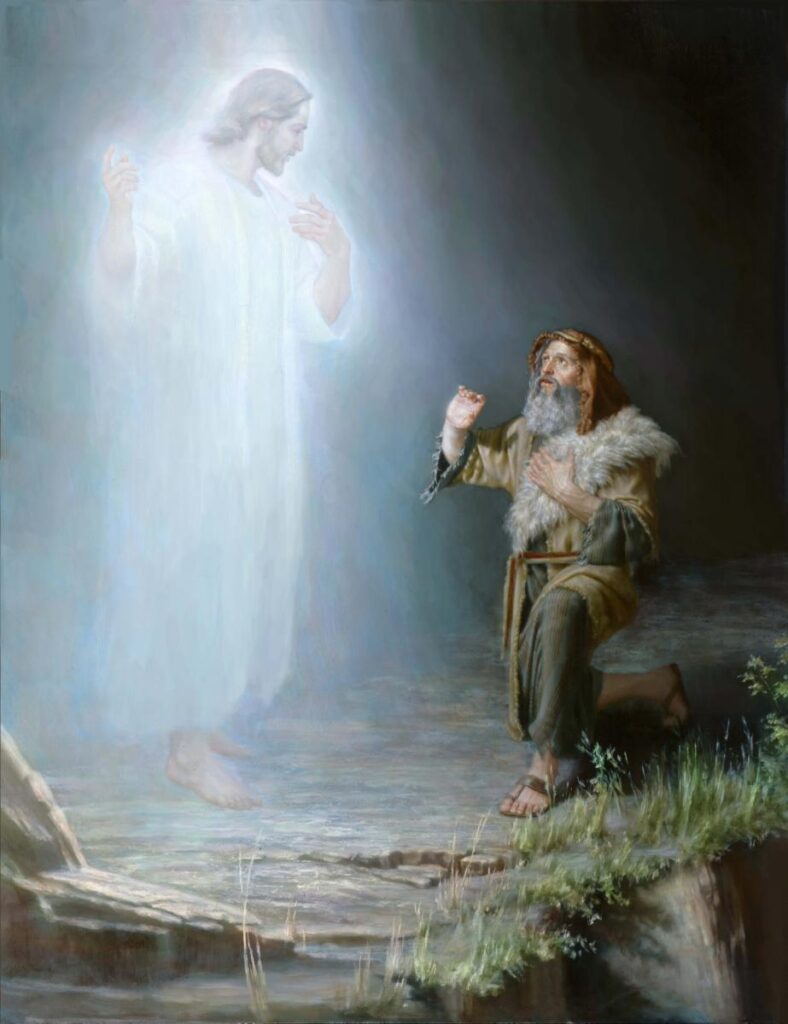
2. What is the significance of Moses’ receiving his revelation on “an exceedingly high mountain”?

3. How do we know the vision in Moses 1 was received after Moses’ experience at the burning bush but before the Exodus? What difference does it make to our understanding of Moses 1?
4. Why do you suppose the Lord revealed Moses 1 to Joseph Smith at this time? What was happening and what was about to happen in the Church that would have made this helpful?
5. What does God mean in saying that “Endless” is his name? Should we call him by that name when we pray? (v. 3)
6. Why can’t man behold all of the Lord’s glory and afterward remain in the flesh on the earth? (v. 5)
7. Who is speaking to Moses in this chapter–the Father or the Son? What evidence do you have to back up your opinion?
8. Orson Pratt more than once spoke on the increased powers and faculties of man in the life hereafter. What passages from this chapter would you guess he cited?
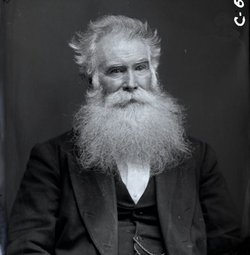
9. Why would Moses have been spiritually debilitated from his experience with God? Shouldn’t an encounter with Deity tend rather to be invigorating? (v. 10)
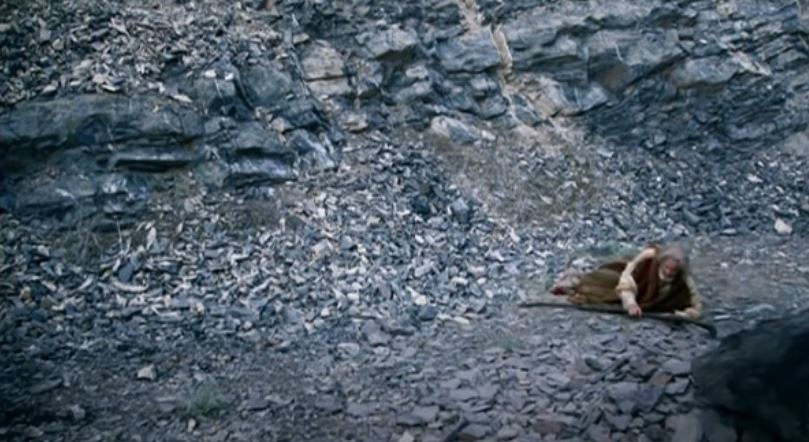
10. What implications and applications do you see for Moses’ classic realization, “Now, for this cause I know that man is nothing, which thing I never had supposed”? (v. 10)
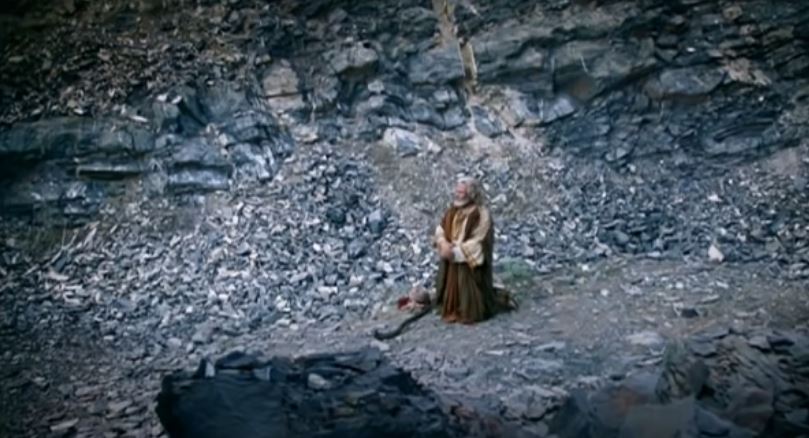
11. Moses had three visions in today’s reading. Whom did he see in each, and what is significant about the order in which they came?
12. What two things does Moses cite as enabling him to avoid being deceived by Satan?

13. What significance do you see in the title Satan tried to give to Moses and in Moses’ response to that effort? (v. 12-13)
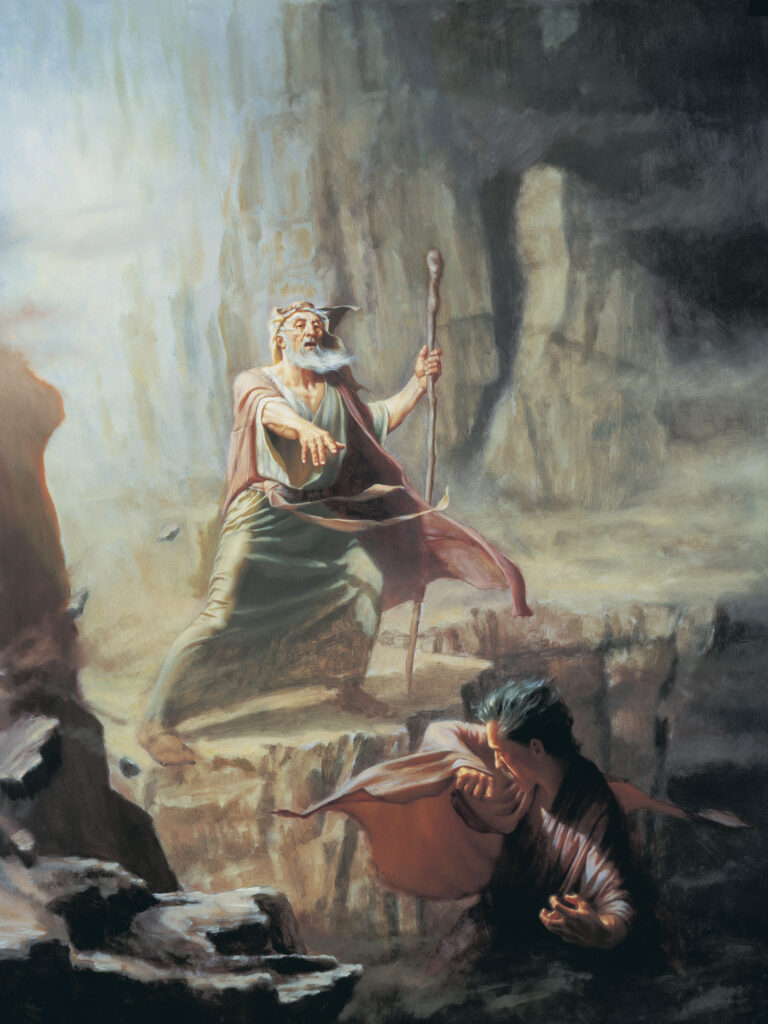
14. How many times did Moses have to ask Satan to leave before he finally left? Why didn’t he leave sooner? Why did he finally leave when he did?

15. Why would you guess the wording of v. 19 was changed from “rent” to “ranted” in the most recent edition?
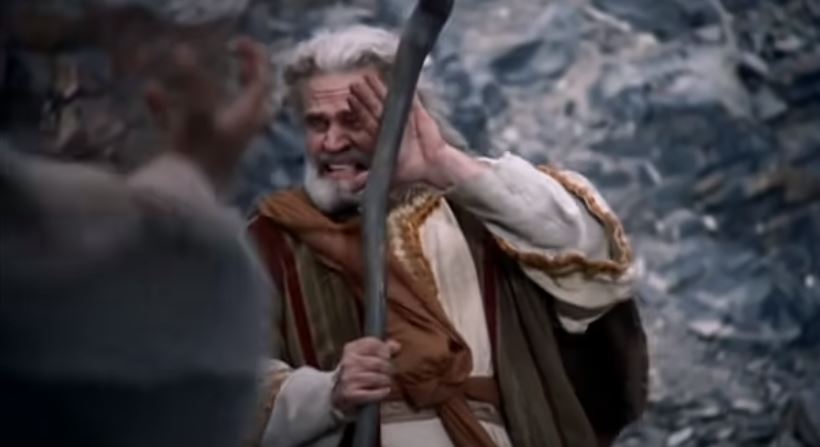
16. When the scripture tells us that the account of Moses’ encounter with Satan is not had among the children of men “because of wickedness,” does it mean that wicked men removed it, or that the Lord withheld it because the world was too wicked to be permitted to know of it?
17. What does the Lord mean when he tells Moses that he will be “stronger than many waters”? (v. 25)
18. Footnote “f” of v. 25 refers us back to Ex. 4:16. What other footnote reference from the D&C could appropriately be added here?
19. What do we learn in this chapter about extraterrestrial life?
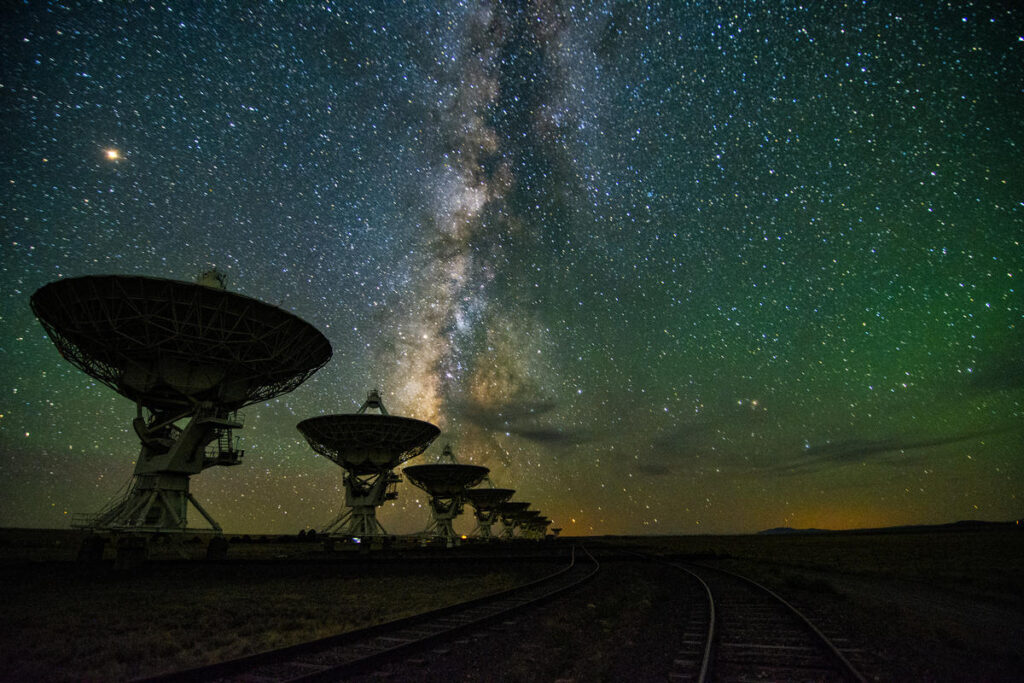
20. What can we learn from the fact that the Lord would give Moses an account only of this earth and its inhabitants rather than include more information about his other creations?

21. How does 1:39 make you feel?
22. Who is 1:41 talking about?
23. Does 1:42 mean we shouldn’t give the Pearl of Great Price to non-members? Explain.
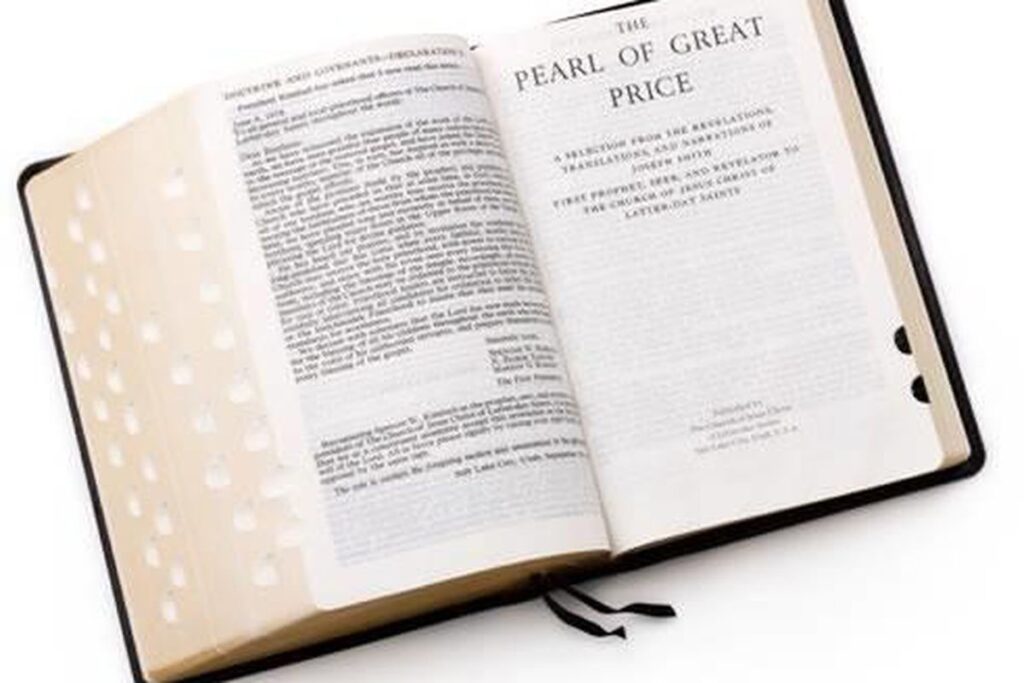
24. How can Latter-day Saints believe in the Book of Abraham when Egyptologists, both in and out of the Church, agree that there is no evident relationship between the Joseph Smith papyri and the text of the Book of Abraham?
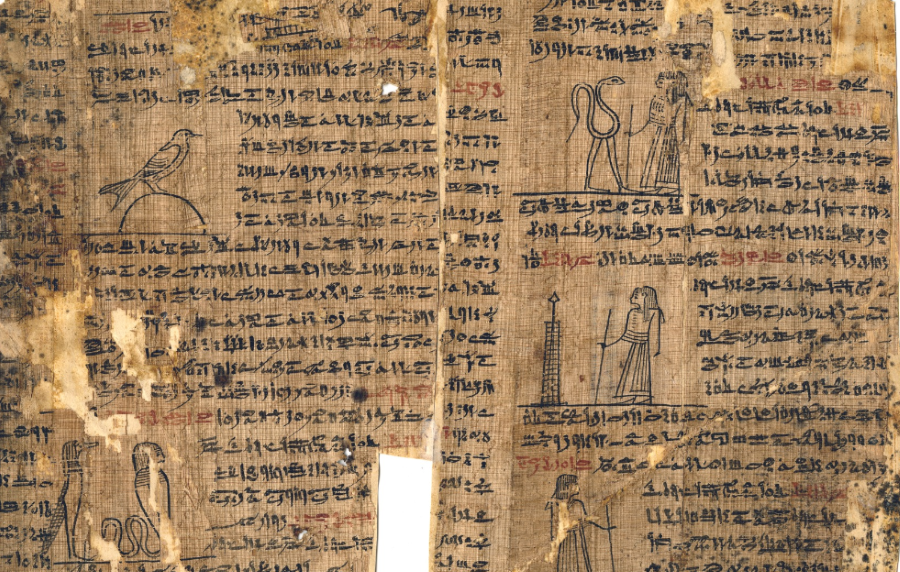
25. Why would the astronomical information in Abraham 3 be helpful to Abraham in preaching the gospel in Egypt?
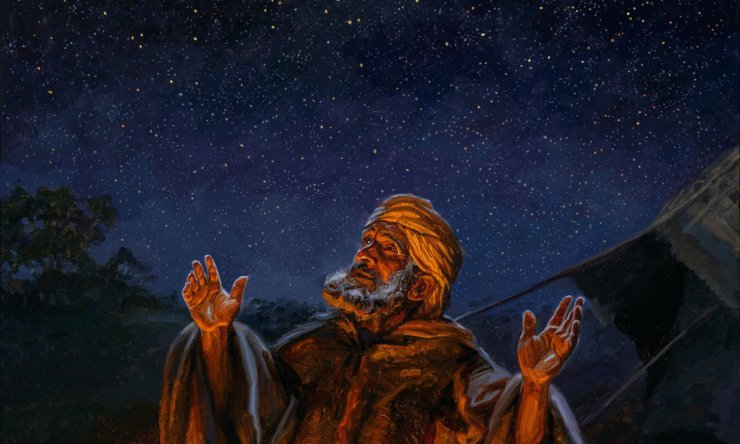
26. What do you consider the greatest doctrinal treasures of Abraham 3 and Facsimile 2?
27. What is the greatest additional doctrinal information given in the Gospel Topics article on “Foreordination,” above and beyond what is found in the scriptures themselves?
Possible answers to Points to Ponder Moses 1 and Abraham 3
1. Why would a study of the Old Testament begin with a study of two chapters from the Pearl of Great Price?
It appears that Moses 1 was at one time the first chapter of Genesis and helps put in perspective the creation of the earth and why the Lord revealed details thereof to Moses. It also gives us information concerning what happened in the premortal life before the “beginning” of which Genesis 1 speaks.
2. What is the significance of Moses’ receiving his revelation on “an exceedingly high mountain”?
The mountain top may symbolize nearness to God’s presence. More importantly, it may provide a place of peace and tranquility, away from the noise and distractions of the world, making it easier to focus on spiritual things. Moses would have other sacred experiences after the Exodus, climbing to the top of Mt. Sinai. Perhaps the effort to make the climb is a kind of sacrifice that the Lord would honor with His blessings. In Moses 1, however, it appears that Moses didn’t climb the mountain but was “caught up” into it—perhaps purely as a visionary experience.
The scriptures are replete with examples of prophets communicating with God in natural surroundings. Joseph Smith did so in the Sacred Grove. Enos did so in a forest. Jesus Himself often went to a mountain to pray, and the Transfiguration occurred on a mountain top. For other examples and thoughts, see my article “How Beautiful Upon the Mountains: A Look at the Relationship Between Solitude, Nature, and Inspiration,” at https://latterdaysaintandhappy.com/beautiful-mountains-solitude-nature-inspiration/.
3. How do we know the vision in Moses 1 was received after Moses’ experience at the burning bush but before the Exodus? What difference does it make to our understanding of Moses 1?
See 1:17, 25-26. This was clearly part of the Lord’s plan to train a new prophet and encourage and prepare him for the Exodus ahead.
4. Why do you suppose the Lord revealed Moses 1 to Joseph Smith at this time? What was happening and what was about to happen in the Church that would have made this helpful?
At this time the infant church was experiencing persecution and well needed the assurance of divine favor and the perspective which Moses 1 gave them.
5. What does God mean in saying that “Endless” is his name? Should we call him by that name when we pray? (v. 3)
See D&C 19:9-12. His name is not literally “Endless,” of course, but he is assuring Moses that he is the very embodiment of eternal unchangeableness and can be counted upon.
6. Why can’t man behold all of the Lord’s glory and afterward remain in the flesh on the earth? (v. 5)
He would burn up in an instant. Heb. 12:29 reminds us “Our God is a consuming fire.” Joseph Smith described the Savior as brighter than the noonday sun. When he comes in his full glory, Christ will cause that of element to melt with fervent heat. (D&C 101:25.)
7. Who is speaking to Moses in this chapter–the Father or the Son? What evidence do you have to back up your opinion?
Though 1:3 says “God” spoke with Moses, and in 1:33 he refers to “mine Only Begotten,” there is much reason to believe that it is actually the Son who is speaking with Moses, though quoting the Father and delivering the Father’s message. We learn in 3 Ne. 15:5 that the pre-mortal Jesus gave the law to Moses on Sinai. John 1:19 (JST) tells us that no man has seen God except he has borne record of the Son. All appearances of the Father that we can document are limited to his introducing and testifying of the Son, who then gives the fuller message. We have no reason to think the Father made an exception in Moses 1. D&C 29 parallels this chapter in many ways. Despite speaking of his “Only Begotten Son” (v. 42), the speaker clearly introduces himself as Christ in verse 1.
8. Orson Pratt more than once spoke on the increased powers and faculties of man in the life hereafter. What passages from this chapter would you guess he cited?
Verses 8 and 27-29 were prominently quoted. See, for example, https://jod.mrm.org/2/235.
9. Why would Moses have been spiritually debilitated from his experience with God? Shouldn’t an encounter with Deity tend rather to be invigorating? (v. 10)
Compare Joseph Smith’s weakness after the First Vision or after his night-long encounter with Moroni. See also Daniel 10:8; 1 Ne. 17:47; 19:20; Alma 27:17. It is clear that intense spiritual experiences can indeed be spiritually debilitating.
10. What implications and applications do you see for Moses’ classic realization, “Now, for this cause I know that man is nothing, which thing I never had supposed”? (v. 10)
This means, of course, that man is next to nothing in wisdom, strength, and goodness by comparison with God, not that he is of no value in the sight of God or that he has no potential. The more one understands of God, the more he understands his own position compared to that of his Creator. (Mosiah 4:5-11; Alma 26:12.) Only when man acknowledges his “nothingness,” is he likely to turn to God for help and thereby qualify himself for the Lord’s assistance here and salvation hereafter. Other implications might include: Rather than attempt to build one’s self-esteem in the abstract, we might concentrate our efforts on helping him establish and understand his relationship with God. Man has little reason for pride in his own power and accomplishments. Like Moses, most humans prior to encountering God have an inflated view of their own importance.
11. Moses had three visions in today’s reading. Whom did he see in each, and what is significant about the order in which they came?
He first saw God (v. 2), then Satan (v. 12), then God again (v. 25). This is a classic illustration of the principle that great trials typically precede and/or follow great spiritual manifestations. Brigham Young said: “Is there a reason for men and women being exposed more constantly and more powerfully, to the power of the enemy, by having visions than by not having them? There is and it is simply this–God never bestows upon his people, or upon an individual, superior blessings without a severe trial to prove them, to prove that individual, or that people, to see whether they will keep their covenants with Him and keep in remembrance what He has shown them. Then the greater the vision, the greater the display of the power of the enemy…. So when individuals are blessed with visions, revelations, and great manifestations, look out, then the devil is nigh you, and you will be tempted in proportion to the visions, revelation, or manifestation you have received.” (Discourses of Brigham Young, p. 338.) Other examples include Joseph Smith in the Sacred Grove, Christ on the Mount of Temptation, and Joseph Smith soon after the receipt of D&C 76, when he and Sidney Rigdon were mobbed, tarred, and feathered.
12. What two things does Moses cite as enabling him to avoid being deceived by Satan?
His previous experience with God (v. 14) and the fact he has the Spirit of God with him to aid his discernment (v. 15).
13. What significance do you see in the title Satan tried to give to Moses and in Moses’ response to that effort? (v. 12-13)
Satan calls him “son of man,” attempting to cast doubt on Moses’ relationship to God. But Moses replies that he knows he is a “son of God.” Satan may likewise tempt us today to forget our relationship with Deity.
14. How many times did Moses have to ask Satan to leave before he finally left? Why didn’t he leave sooner? Why did he finally leave when he did?
Four times–verses 16, 18, 20, and 21. Obviously, Satan was not about to give up such a prize as Moses without a struggle, and only when Moses invoked the name of the Savior did Satan obey.
15. Why would you guess the wording of v. 19 was changed from “rent” to “ranted” in the most recent edition?
“Rent” as a verb is the past tense of “rend,” meaning to tear. It seemed to be less appropriate and less likely what Joseph Smith meant than the word “ranted.” The JST as published by the Community of Christ substitutes “went” for “rent,” though that seems a bit tame. We may not be sure which word Moses really used or Joseph Smith meant to convey, but it is very likely that “ranted” gives a better picture of what really happened than does the earlier word “rent.”
16. When the scripture tells us that the account of Moses’ encounter with Satan is not had among the children of men “because of wickedness,” does it mean that wicked men removed it, or that the Lord withheld it because the world was too wicked to be permitted to know of it?
Evidently the former, since Moses “bore record” of it and tried to make it public rather than keep it secret.
17. What does the Lord mean when he tells Moses that he will be “stronger than many waters”? (v. 25)
This seems to be an allusion to the future parting of the Red Sea.
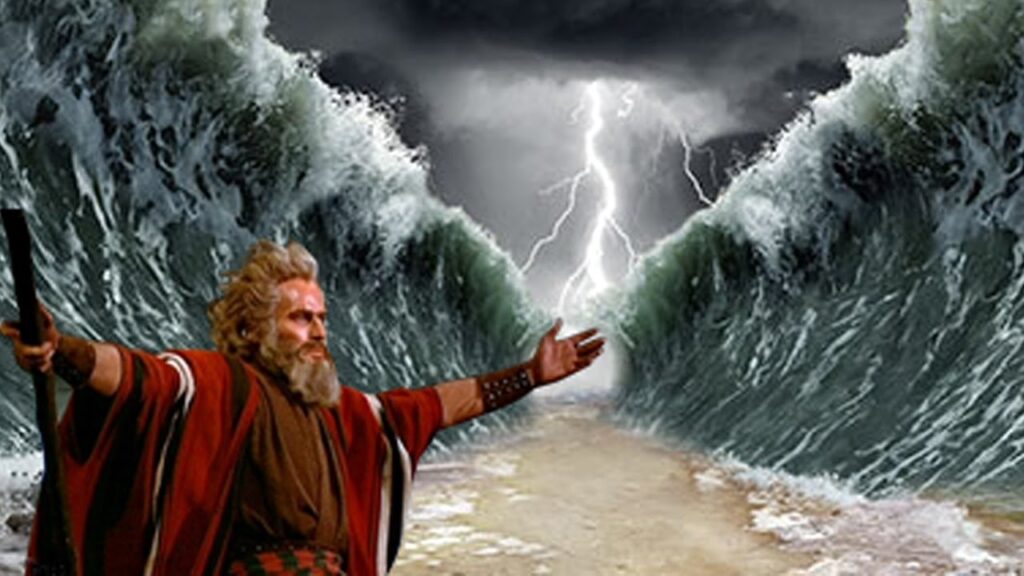
18. Footnote “f” of v. 25 refers us back to Ex. 4:16. What other footnote reference from the D&C could appropriately be added here?
21:4-5.
19. What do we learn in this chapter about extraterrestrial life?
God has created and populated numberless worlds throughout the universe. The first on each planet has evidently filled the role that Adam did here. Extraterrestrials, were we permitted contact with them, would presumably look like us, being children of the same Father.
20. What can we learn from the fact that the Lord would give Moses an account only of this earth and its inhabitants rather than include more information about his other creations?
The Lord may be teaching us that it is more important to study things which directly affect us than things which have only a curiosity value. We need to learn to be content without having to know everything.
21. How does 1:39 make you feel?
Your choice. It should be a bit sobering and awe-inspiring to contemplate that God spends his full time trying to make us happy, never resting and never going on vacation.
22. Who is 1:41 talking about?
Apparently, Joseph Smith.
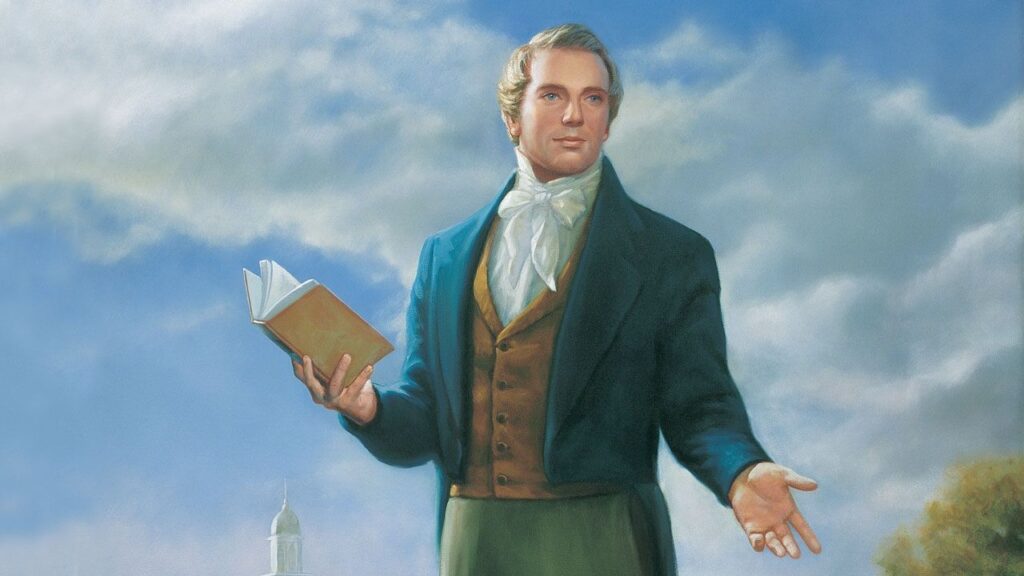
23. Does 1:42 mean we shouldn’t give the Pearl of Great Price to non-members? Explain.
As the preface to the first edition indicated, the book was not intended as a pioneer of the faith among the unbelievers but is best used to strengthen the faith of the saints. There is much spiritual “meat” in the Pearl of Great Price, and newcomers to the faith may better first be nourished on “milk.” This doesn’t mean the Pearl of Great Price will necessarily harm a non-member or that great care must be taken to keep its contents from them, only that other materials (such as the Book of Mormon) are more likely to help an investigator get a testimony and come to understand the basics than is the Pearl of Great Price.
24. How can Latter-day Saints believe in the Book of Abraham when Egyptologists, both in and out of the Church, agree that there is no evident relationship between the Joseph Smith papyri and the text of the Book of Abraham?
As the article on the historicity and translation of the Book of Abraham in Gospel Topics makes clear, we simply don’t know what relationship there may have been between the papyri and the “translation” Joseph Smith produced. Most of the papyri is missing. And it may well be that the papyri simply served as a catalyst for Joseph Smith to seek and receive direct revelation of the text for the Book of Abraham. But a study of the Book of Abraham itself shows that it fits nicely into what is now known about Abraham and his culture, even in surprising details that were unknown to anyone in Joseph Smith’s day. And, in the end, one can receive a spiritual witness of the truthfulness of the book in the same way he gets a testimony of the Book of Mormon—by reading, pondering, and asking Go for a spiritual confirmation. I, personally, have received that confirmation and am fully convinced of the divine origin of the book, even as I await answers in some future day about details of its origin.
25. Why would the astronomical information in Abraham 3 be helpful to Abraham in preaching the gospel in Egypt?
As the Pearl of Great Price Reference Companion states, “Because the Egyptians were accustomed to tracking the stars and attaching stories of the divine to astronomical movements, Abraham’s ability to teach them about the heavens perhaps would have provided him with an opportunity to gain their attention and respect while also providing a vehicle through which he could teach them what God most wanted them to hear.”
26. What do you consider the greatest doctrinal treasures of Abraham 3 and Facsimile 2?
My list would include:
- 3:18: Spirits have no beginning and no end
- 3:22: Intelligences were organized before the world was, and those who were noble and great were chosen, or foreordained, to be “rulers” in mortality.
- 3:25: Mortality is a test of our willingness to be perfectly obedient to God.
- 3:26: Premortal faithfulness leads to additional blessings, and faithfulness in mortality leads to glory being added upon the faithful forever and ever.
- 3:27: Jesus volunteered in the premortal life to be our Savior.
- 3:28: Satan also volunteered to be the Savior but for here undisclosed reasons was rejected and rebelled, leading many others with him.
- Facsimile 2, Figure 3: There are grand Key-words of the Holy Priesthood, which were revealed to Adam and to “all to whom the Priesthood was revealed.”
- Facsimile 2, Figure 8: More information on this subject can evidently be obtained in the temple.
27. What is the greatest additional doctrinal information given in the Gospel Topics article on “Foreordination,” above and beyond what is found in the scriptures themselves?
Probably that “the doctrine of foreordination applies to all members of the Church, not just to the Savior and His prophets.” This was taught by Joseph Smith, who stated: “Every man who has a calling to minister to the inhabitants of the world was ordained to that very purpose in the Grand Council of heaven before this world was” (TPJS, p. 365).
